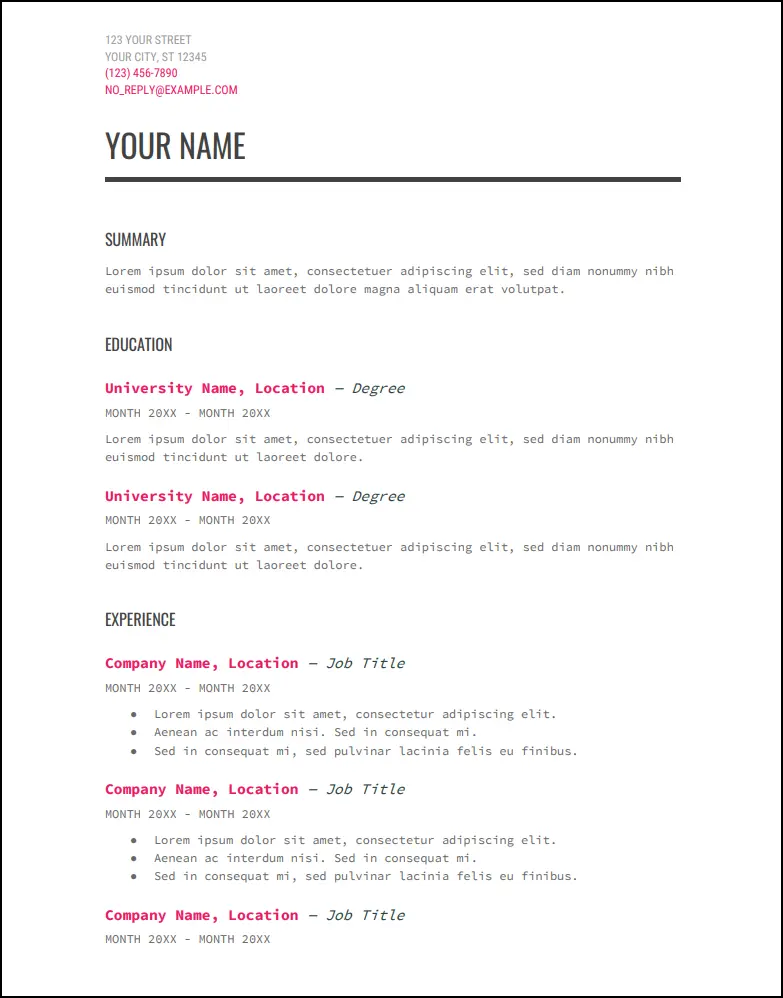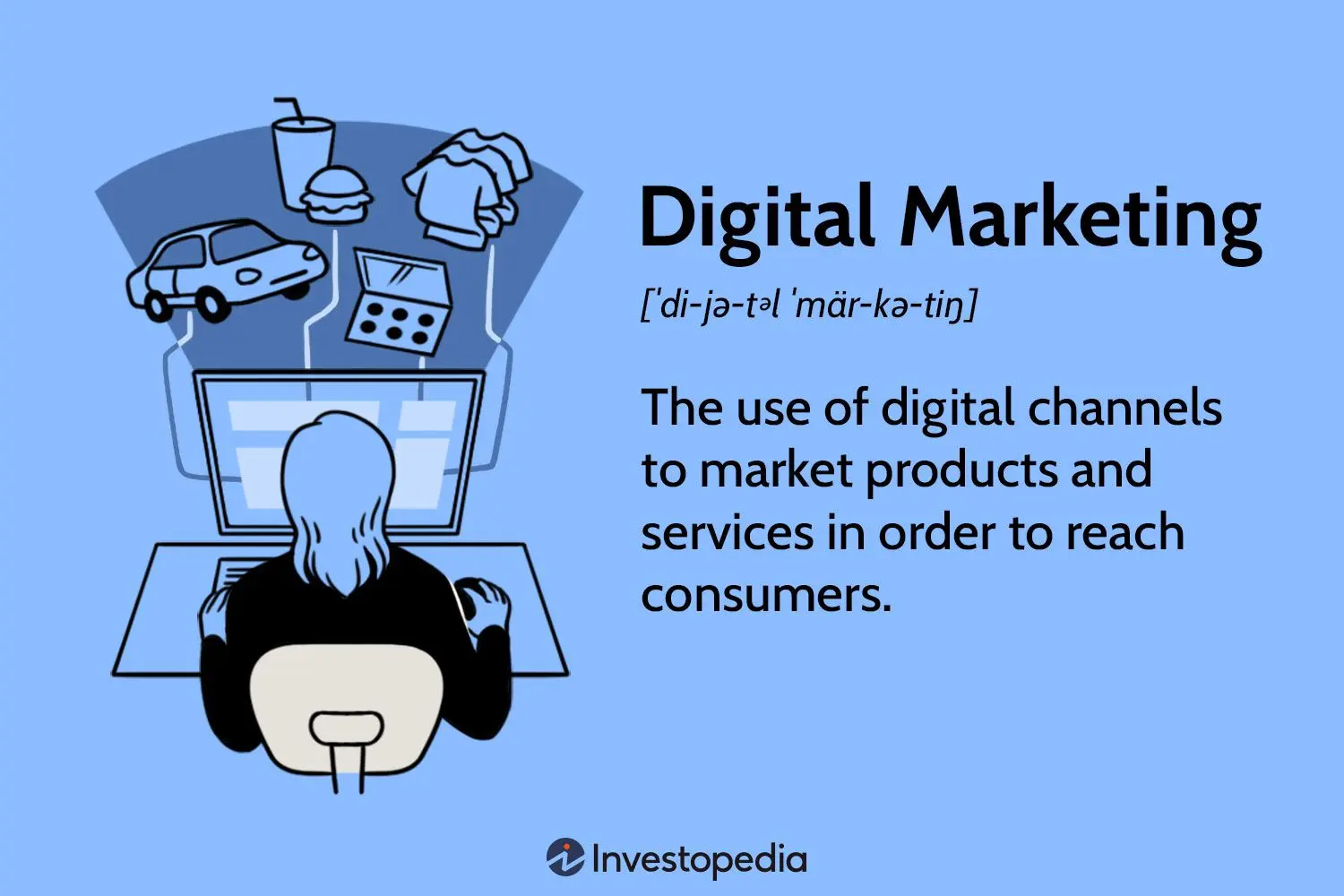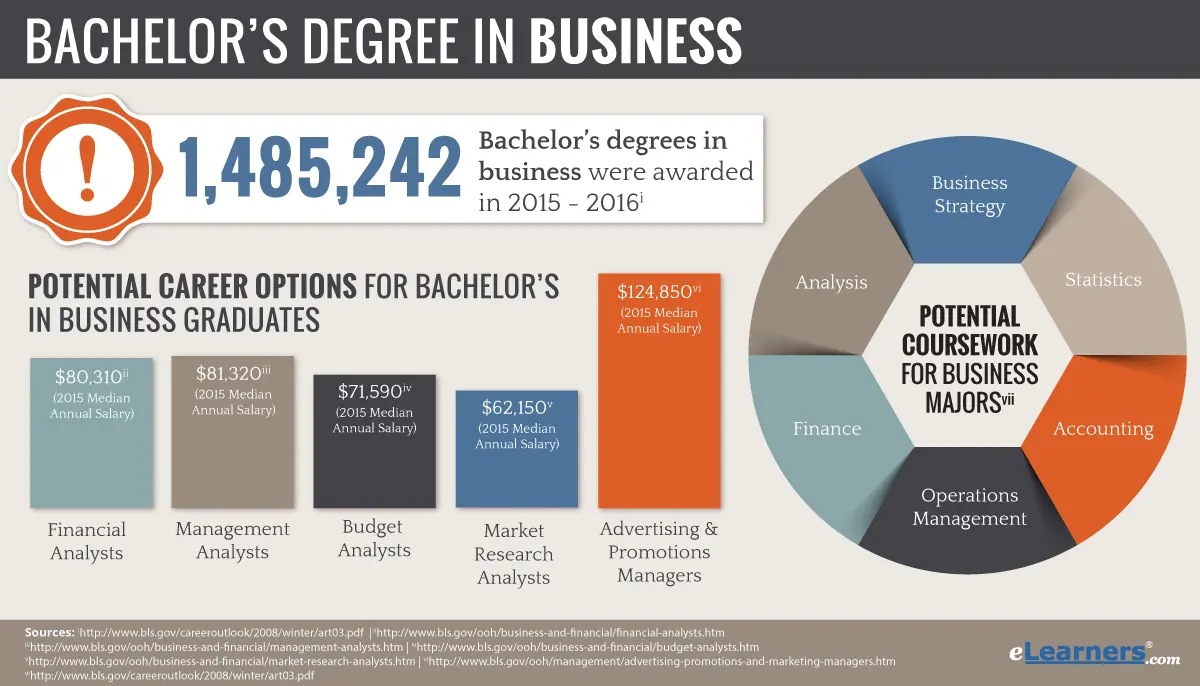Unlock Your Future: The Ultimate Guide to Online Course Degrees

In an increasingly digital world, the allure of online course degrees continues to grow, offering students from all walks of life a flexible, affordable, and reputable way to advance their education and career. Whether balancing work and family commitments or simply seeking a more convenient learning format, online courses provide a viable solution. This guide delves into the value of pursuing an online degree, breaking down myths, and highlighting the benefits that can transform your professional life.
Table of Contents
The Evolution of Online Education:

Why Choose an Online Course Degree?
- Flexibility and Convenience: Study anytime, anywhere, fitting education into your schedule.
- Variety of Programs: Access diverse fields of study, from business to technology.
- Cost-Effectiveness: Often more affordable than traditional campus programs due to reduced overhead costs.
Accreditation: Ensuring Quality in Online Learning
- Understanding Accreditation: Accreditation is a seal of approval from authoritative bodies that validates educational programs’ quality and rigor.
- Recognized Institutions: Top-tier institutions offer Many online courses, ensuring your education is respected and valued.
Exploring the Rich Tapestry of Online Programs:
Business and Management:
- Bachelor of Business Administration (BBA)
- The BBA degree lays a foundational understanding of business principles across various key areas such as finance, marketing, human resources, and operations. This undergraduate program typically spans four years and is designed to equip students with critical thinking and problem-solving skills, making them versatile in the business world.
- Master of Business Administration (MBA)
- An MBA is an advanced degree that delves deeper into the complex dynamics of business management and leadership. It often attracts professionals seeking to elevate their existing careers or pivot to new roles. Programs can vary between one to two years and usually offer specializations such as strategic management, international business, or digital marketing. The curriculum is intensive and includes case studies, collaborative projects, and leadership training.
Career Opportunities
Graduates from BBA and MBA programs are well-prepared for a wide range of career paths:
- Management Roles: Positions such as operations manager, project manager, and business analyst are common. Managers are expected to oversee teams, streamline operations, and contribute to strategic planning.
- Entrepreneurship: For those inclined towards creating their own business ventures, degrees in business administration provide the toolkit to start and manage successful enterprises. From understanding market research to financial planning and resource management, the skills learned are directly applicable to entrepreneurship.
- Consultancy: Consultants need strong analytical and problem-solving skills to advise businesses on how to improve efficiency and solve complex business problems. Specializing in areas such as management, IT, or human resources during their studies can prepare graduates for consultancy roles in those fields.
- Specialized Business Roles: Depending on the focus during their degree, graduates can pursue careers in specific sectors like finance, marketing, or supply chain management. For instance, a graduate with a concentration in finance might pursue a career as a financial analyst or advisor, while someone focused on marketing might enter into roles like digital marketing manager or brand strategist.
In addition to these roles, an online degree in business and management can enhance networking opportunities, exposing students to alumni, industry leaders, and potential employers through virtual meetups, guest lectures, and online forums. This connectivity is crucial for building professional relationships and staying updated with industry trends, ultimately enriching the career prospects of graduates.
Technology and Engineering:
The pace of change and innovation is rapid in the realms of technology and engineering, particularly in focus areas such as computer science, cybersecurity, and software engineering. Pursuing a master’s degree in these fields online allows students to stay abreast of the latest advancements and emerging trends, preparing them to be leaders and innovators in their respective industries.
Focus Areas
- Computer Science: This discipline covers various topics, including algorithms, data structures, machine learning, artificial intelligence, and cloud computing. A master’s degree in computer science will deepen your understanding of computational processes and give you the tools to develop cutting-edge solutions.
- Cybersecurity: As threats to digital security become more complex, the demand for skilled cybersecurity professionals continues to grow. A master’s degree in cybersecurity focuses on ethical hacking, forensic investigation, compliance, and secure software development, ensuring graduates are well-prepared to protect organizations against cyber threats.
- Software Engineering focuses on applying engineering principles to the design, development, maintenance, testing, and evaluation of software and systems. The curriculum often includes project management, advanced programming techniques, and exploring new technologies like blockchain and IoT (Internet of Things).
Emerging Trends
Staying current with emerging trends is crucial in technology and engineering. Online master’s programs in these fields often incorporate the latest research and innovations into their curricula, offering courses that adapt to industry changes. Some of the key trends include:
- Artificial Intelligence and Machine Learning: These technologies transform industries by enabling advanced data analysis, automation, and predictive capabilities. Master’s programs that focus on AI and ML teach students to create intelligent systems and algorithms that can perform tasks that typically require human intelligence.
- Internet of Things (IoT): Understanding IoT systems is increasingly important as more devices become interconnected. Degrees focusing on IoT cover topics related to networked device architecture, data analytics, and security challenges.
- Quantum Computing: Though still early, quantum computing promises to revolutionize cryptography and complex field modelling problem-solving. Some advanced degrees offer introductions to quantum algorithms and the principles of quantum mechanics as they apply to computing.
- Blockchain Technology: Known for its applications beyond cryptocurrencies, such as supply chain management and secure voting systems, blockchain technology is another area often explored in advanced software engineering and cybersecurity courses.
- Ethical and Regulatory Considerations: Technological advancements have made ethical and legal concerns more prevalent. Programs now often include coursework on the social implications of technology, data privacy laws, and ethical hacking.
Healthcare and Nursing:
In healthcare and nursing, online master’s degree programs are instrumental in addressing the growing demand for highly skilled professionals. These programs offer a diverse range of specializations that cater to the needs of the healthcare sector, providing advanced education that enables professionals to excel in various roles.
Programs Offered
- Degrees in Nursing: Master’s programs in nursing, such as Master of Science in Nursing (MSN), are designed to prepare registered nurses for advanced practice roles like Nurse Practitioners, Clinical Nurse Specialists, Nurse Educators, or Nurse Managers. These degrees focus on specialized medical knowledge, leadership skills, and clinical competencies necessary to address complex healthcare challenges.
- Healthcare Administration: A master’s degree in Healthcare Administration (MHA) equips professionals with the skills to manage hospitals, clinics, and other healthcare facilities. The curriculum typically includes topics on healthcare policy, organizational management, finance, ethics, and law, all crucial for effective healthcare administration.
- Public Health: Master of Public Health (MPH) degrees focus on improving community health and well-being through disease prevention, education, and health policy advocacy. MPH programs often offer concentrations in epidemiology, biostatistics, health services administration, and environmental health.
Professional Growth
Earning an online master’s degree in these healthcare disciplines serves several purposes:
- Specialized Knowledge: As healthcare becomes more complex, there is a significant need for professionals with specialized knowledge who can handle advanced medical cases, complex healthcare systems, and evolving public health challenges.
- Leadership Development: These programs often include training to prepare graduates for managerial and administrative roles within healthcare settings. Leadership skills are critical as they enable professionals to manage teams effectively, develop strategic plans, and lead organizational change.
- Career Advancement: A master’s degree can open the door to higher-level positions, often out of reach for those with only a bachelor’s degree, leading to better job prospects and higher salaries.
- Adaptation to Industry Trends: The healthcare field rapidly evolves with technological advancements such as telehealth, electronic health records, and data-driven healthcare solutions. Master’s programs integrate these technologies into their curricula, preparing graduates to use these tools effectively in their professional roles.
- Meeting Licensing Requirements: In specific nursing roles, such as Nurse Practitioners, a master’s degree is often required to meet licensing requirements. These programs provide the academic credentials necessary to qualify for these advanced licenses.
- Expanding Professional Networks: Online programs often attract diverse students and faculty from various geographical and professional backgrounds, offering significant networking opportunities that can lead to career growth and collaborations.
The rise of online education in healthcare and nursing facilitates professional growth. It helps healthcare systems meet the critical demand for well-trained, versatile professionals who can lead and innovate in a changing healthcare landscape.
Student Experience in Online Learning:

Interaction and Collaboration:
- Virtual Classrooms: Engage with peers and instructors through forums, video calls, and collaborative projects.
- Learning Tools: Leverage interactive elements such as quizzes, flashcards, and video lectures.
Success Stories:
The success stories of alumni who have graduated from online master’s programs are inspiring and illustrative of the potential career advancements that can be achieved. These stories highlight how individuals have significantly utilized their education to impact their respective fields, move into higher positions, and even change industries.
Alumni Achievements
- From Nurse to Nurse Practitioner: One notable example is a registered nurse who earned her Master of Science in Nursing (MSN) online while working full-time. Upon graduation, she passed her certification exam and became a Family Nurse Practitioner. Her advanced degree allowed her to move into a more autonomous role where she now provides primary care to patients, significantly increasing her earning potential and job satisfaction.
- Healthcare Administration to Hospital CEO: Another graduate completed his Master of Healthcare Administration (MHA) online, which equipped him with the necessary skills to navigate complex healthcare systems. He used his degree to transition from a mid-level management position to become the CEO of a regional hospital, where he implemented innovative policies that improved patient care and operational efficiency.
- Public Health Advocate: An MPH graduate used her degree to move into a role as a public health advocate, where she works on large-scale health initiatives. Her projects include developing community programs that address health disparities and advocating for health policy changes at the state and federal levels. Her work has advanced her career and made a measurable impact on public health outcomes.
- Technology Integration Specialist in Healthcare: A graduate with a master’s degree in healthcare informatics transitioned from a clinical role into a position where he leads the integration of digital health technologies in an extensive healthcare system. His work focuses on improving patient engagement and optimizing treatment outcomes through data analytics and electronic health records.
- Entrepreneurial Success: One alumna, after completing her online master’s degree in healthcare entrepreneurship, launched a startup that develops mobile health applications. Her company has since received multiple awards for innovation in health technology and has significantly contributed to how healthcare providers interact with patients remotely.
- Academic and Research Leader: Completing an online Master’s in Epidemiology enabled one graduate to pursue a PhD and eventually lead a research team at a prestigious university. Her work focuses on infectious disease epidemiology, and she has published several influential papers that have shaped public health strategies nationally and internationally.
Myth-Busting Common Misconceptions:
Myth 1: “Online Degrees are Not Accredited”
- Fact Check: Many online programs are accredited by reputable agencies, ensuring they meet high educational standards.
Myth 2: “Employers Don’t Value Online Degrees”
- Reality: With the increasing recognition of online learning, many employers now regard online degrees as equivalent to traditional degrees.
FAQs:
- Are online degrees cheaper than traditional degrees?
- Often, yes. Online programs typically offer lower tuition and reduced incidental costs.
- Can I work while completing an online degree?
- Absolutely. One of the key benefits of online education is the ability to juggle studies with work.
- How do I choose the right online program?
- Consider factors such as accreditation, faculty expertise, and technology to deliver courses.
Conclusion:
Online course degrees are a transformative tool for personal and professional development. They offer flexibility, a wide range of options, and the potential for career advancement, all packaged in a format that meets modern-day students’ needs. As the world of education evolves, online degrees stand out as a practical, valuable choice for lifelong learners across the globe. Embrace the future of learning and consider how an online course degree could be the key to unlocking your full potential.
By embracing online course degrees, you’re not just investing in your education but adapting to a global trend that enhances your ability to succeed in a fast-paced, ever-changing world. Whether you’re a recent high school graduate, a working professional, or someone looking to shift careers, online education offers the tools and opportunity.






